Seems like a good time for a reminder. (This content is from our “Setting the Record Straight” page that has been up since October 2014.)
FACT: Aaron implemented a piece of software that downloaded articles from the JSTOR website faster than JSTOR originally intended. Aaron’s software downloaded articles from the JSTOR website to Aaron’s laptop, just like a live person would have downloaded them, but without his having to sit there and click through each of the steps manually. Source: Alex Stamos, http://unhandled.com/2013/01/12/the-truth-about-aaron-swartzs-crime/
FACT: Aaron did not hack into any of MIT’s computers. The CFAA requires that a person gain access to a computer that they weren’t authorized to access. Aaron was obviously authorized to access his own laptop.
FACT: Aaron did not hack into MIT’s network. Aaron connected his laptop to MIT’s open network by walking into an open computer closet on MITs open campus and simply plugging into an unused ethernet port. Source: Alex Stamos, http://unhandled.com/2013/01/12/the-truth-about-aaron-swartzs-crime/
FACT: Aaron was a “Fellow” at the Harvard University Edmond J. Safra Center for Ethics at the time. Aaron was exactly the type of academic researcher that MIT meant to have downloading articles from the JSTOR database over its open network. Aaron’s past research in this regard was the basis of a Stanford Law Review Article where he found troubling connections between corporations and their funding of legal research. Source: Stanford Law Review
http://www.stanfordlawreview.org/print/article/punitive-damages-remunerated-research-and-legal-profession
FACT: Aaron wasn’t even violating JSTOR’s Terms of Service at the time. JSTOR and MIT had contractual agreements allowing unlimited downloads to any computers on MITs network.
Source: Alex Stamos, http://unhandled.com/2013/01/12/the-truth-about-aaron-swartzs-crime/
FACT: Downloading JSTOR articles was one minor footnote among the many amazing projects Aaron was working on at the time. From the fall of 2010 until his death in 2013, Aaron’s projects included, but were not limited to: SecureDrop, the leak-protecting technology for journalists now implemented by outlets ranging from The New Yorker to Forbes to The Guardian; the SOPA/PIPA fight, The Flaming Sword of Justice (now The Good Fight), a podcast about activism which went on to reach the top of the iTunes charts; VictoryKit, an online campaigning toolset still mobilizing activists around the world; and co-founding Demand Progress.
 Jason Leopold, who is speaking Saturday at the
Jason Leopold, who is speaking Saturday at the 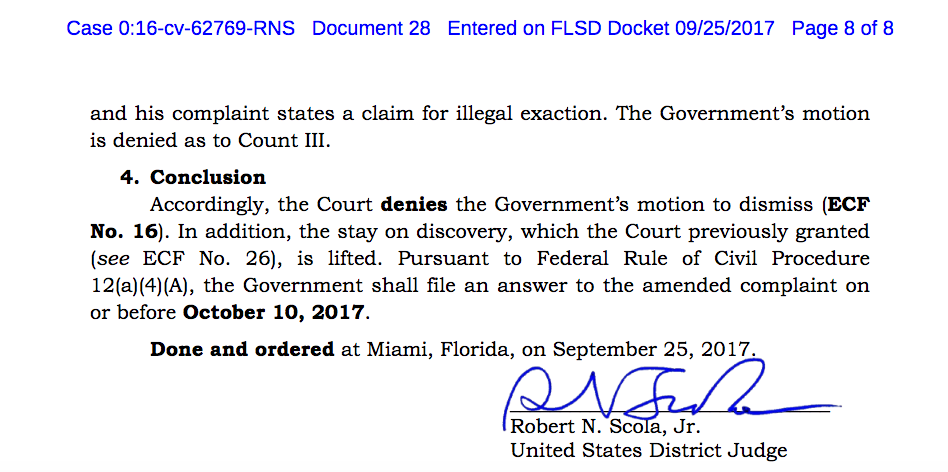
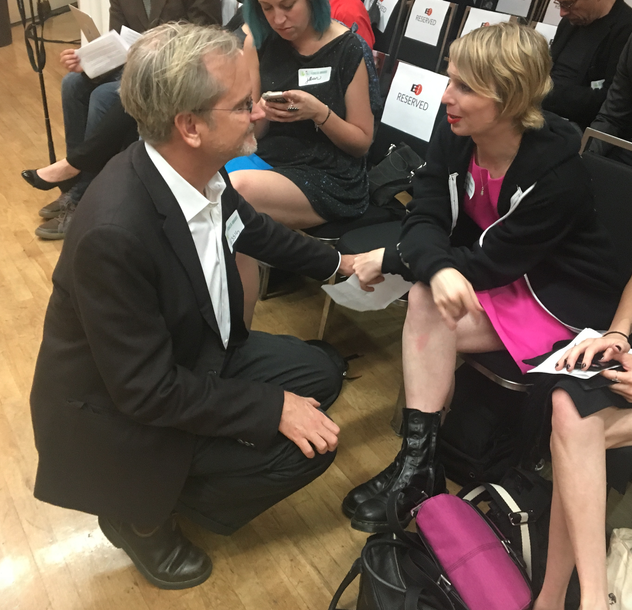
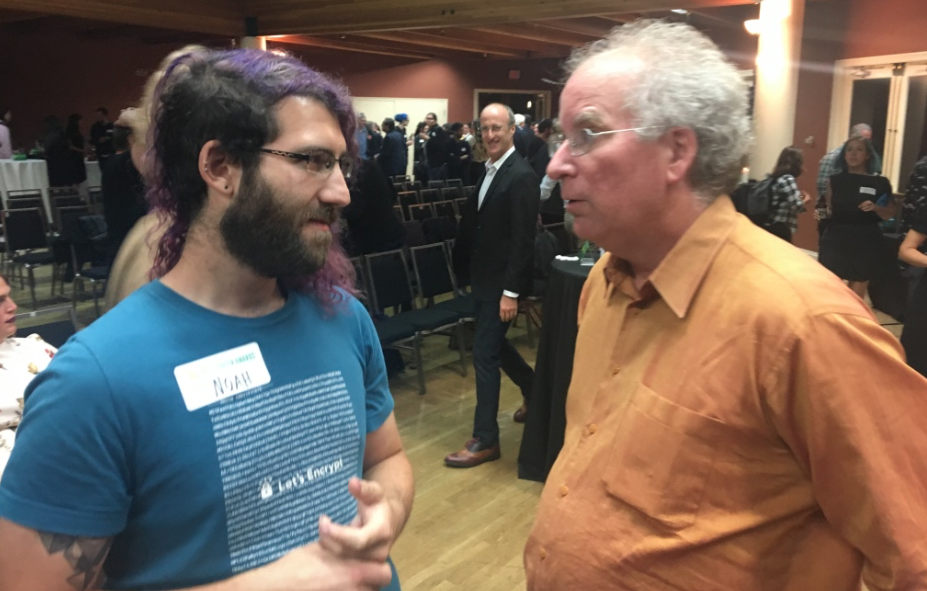
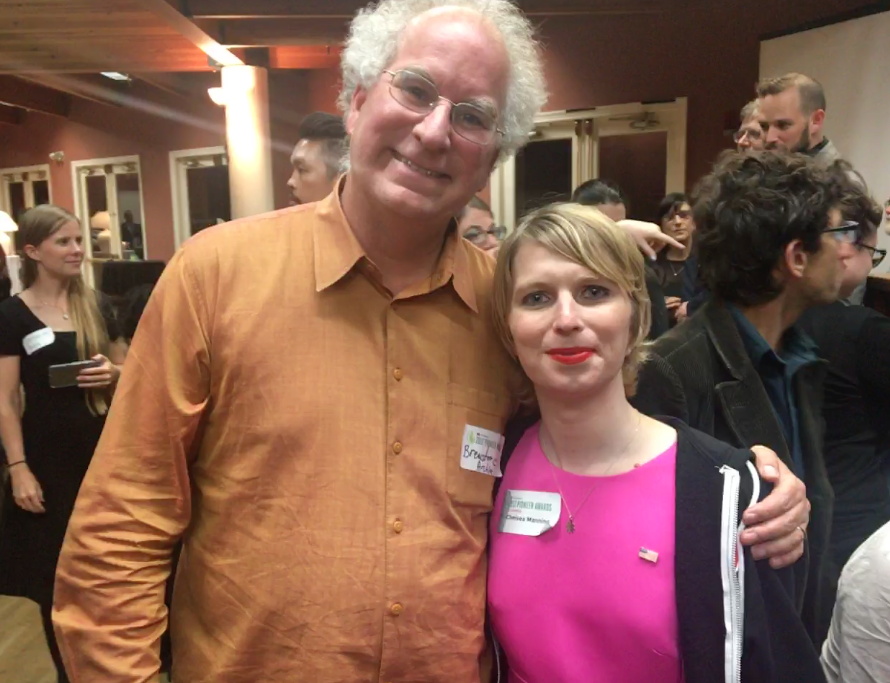
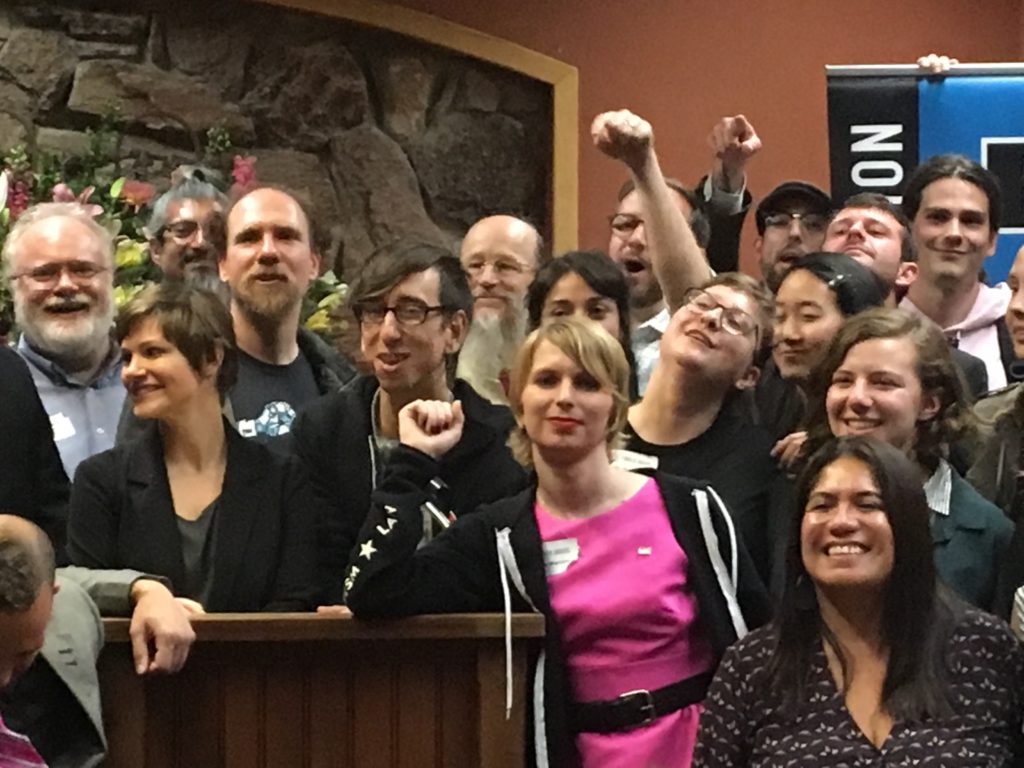
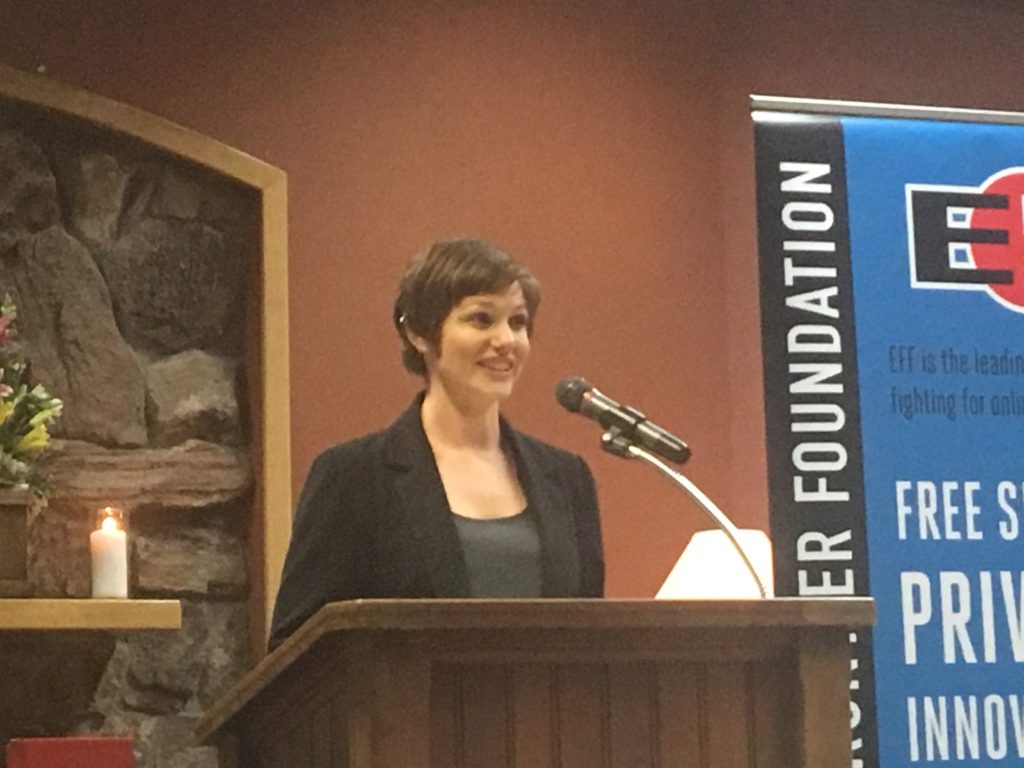
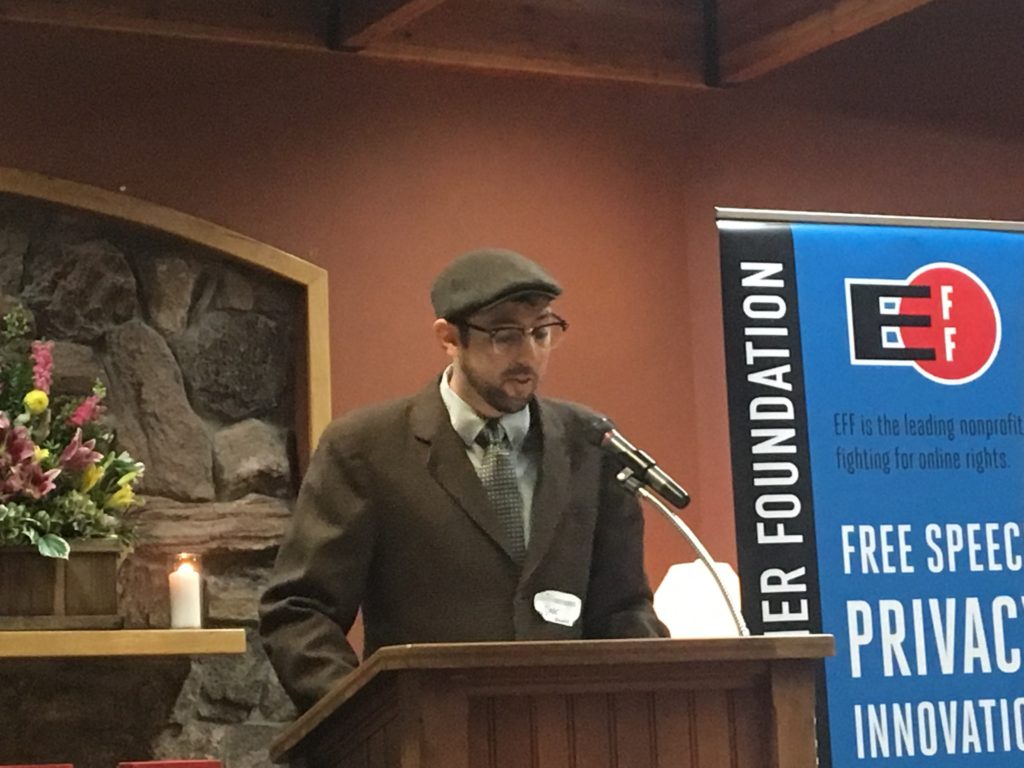
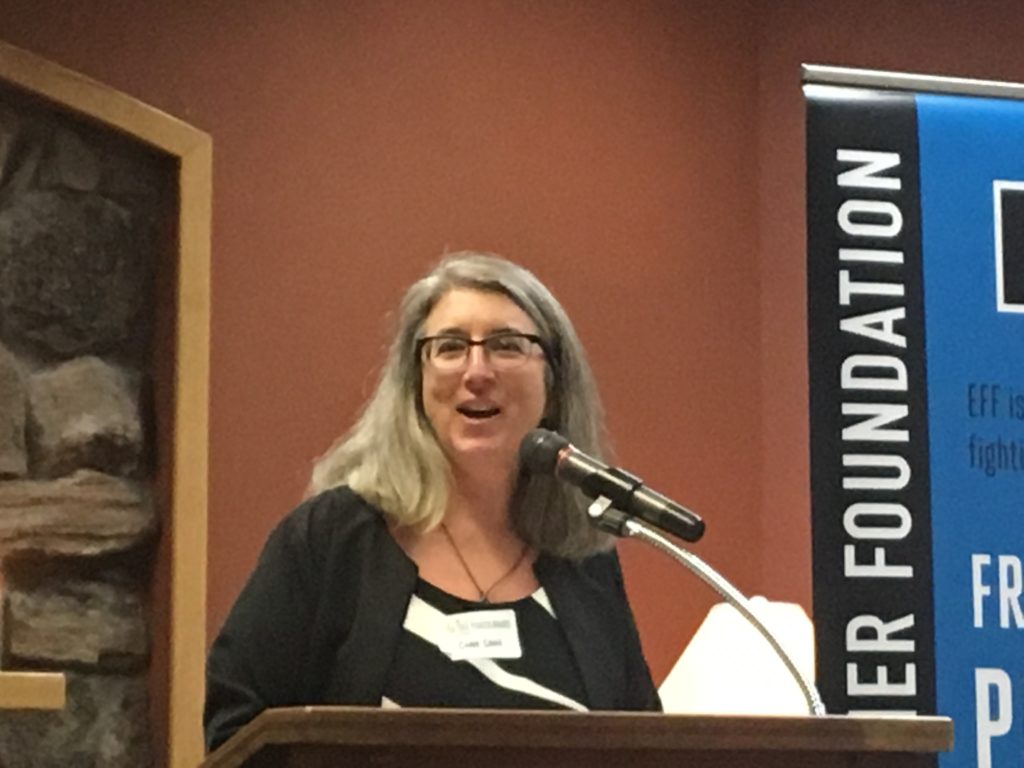
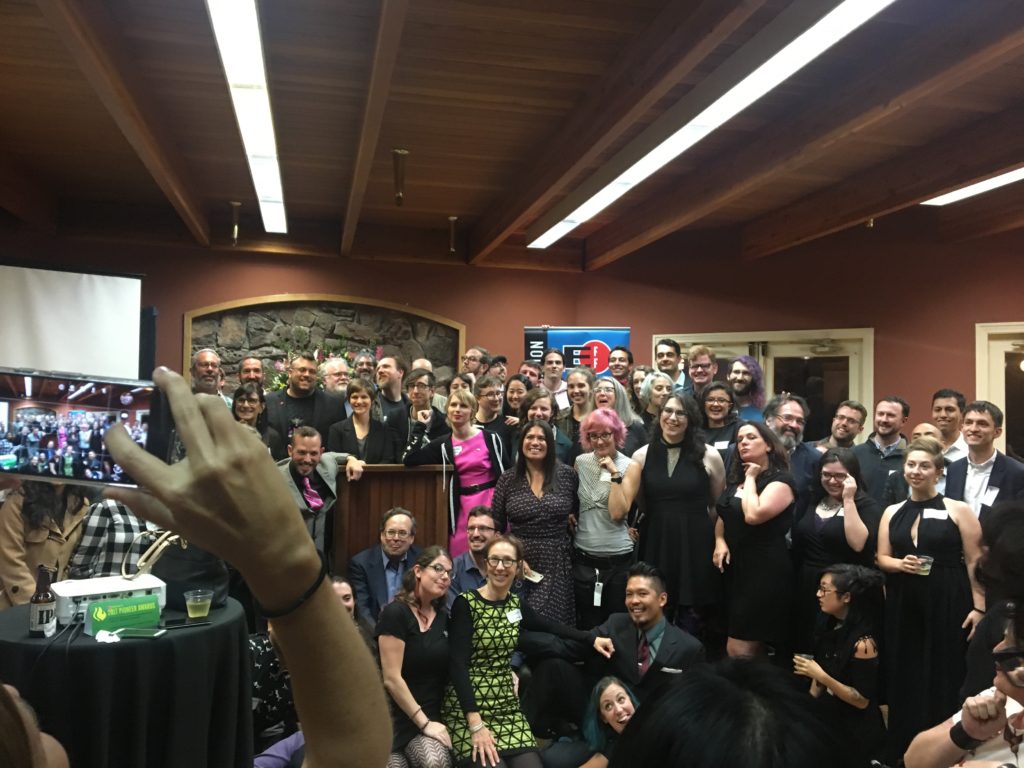
 Caroline Sinders
Caroline Sinders